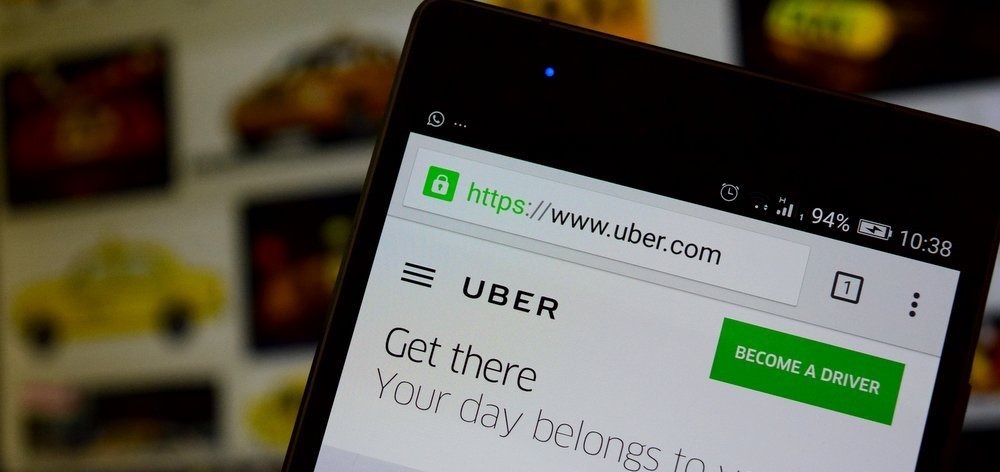Ola, Uber Can Legally Operate In Mumbai As Bombay HC Refuses To Ban Them

The Association of Radio Taxis in Mumbai had recently filed a petition in Bombay High Court, seeking a ban on taxi apps such as Uber and Ola for breaking Indian laws.
After hearing the arguments, Bombay HC has refused to ban the services offered by taxi apps, thereby rescuing them from legal action.
The petition was filed after traditional taxi operators such as kali-peeli cabs and auto-rickshaws had intensified their protest against taxi apps, and had conducted city-wide strikes in July and August to cripple the transportation system. The Union representing these taxis and auto-rickshaws had met Maharashtra CM and had asked him to take action against taxi apps for disrupting their business.
CM has assured them that regulations would be introduced to cap their numbers, and create a ‘level playing field’ for all participants.
The current petition at Bombay HC was an extension of that protests, and done with an intention to take legal help in stopping them. But the ruling clearly failed their attempt.
Arguments By Petitioners Against Uber/Ola
Advocate Aspi Chinoy, who was representing the traditional taxi operators, argued that the taxi apps such as Uber and Ola are plying without proper mandate, and breaking laws such as Section 192 (A) of Motor Vehicles Act.
He argued in Court: “You need a taxi permit to ply a vehicle as an ordinary taxi. The driver requires a public service batch, the vehicle is to run only on CNG and there is fare regulation.”
Arguments By The Defendants
Senior advocate Darius Khambata, who was representing Uber argued that taxi apps are working within the law, and there is no provision which can stop them from plying in Mumbai.
He argued that a ‘tourist vehicle’ is defined as a ‘Contract Carriage’ as per the Motor Vehicles Act, and there is no rule which prohibits a tourist vehicle from working as ‘intra-city vehicle’.
Besides, Darius also argued that Uber has been operational in Mumbai since February 2014, and more than 60,000 drivers are working with them across India. He also questioned why Meru, which provides similar services, has not been included in the petition. This proves that the petitioners’ interests are malafide.
The Ruling By Bombay HC
Division bench of justice MS Sanklecha and justice SC Gupte straight away refused to accept the petition to ban taxi apps, with the ruling that they have been offering their services since last two years, and that the petition was late in seeking a ban now.
On the issue of regulations pertaining to operations of taxi aggregators in Mumbai, Assistant government pleader Uma Padsuledesai informed the court that a committee formed to review taxi apps business in India will send their report to the Centre on October 31, after which a policy would be formed to regulate them.
Once Central Govt. forms a comprehensive policy regarding regulations of taxi apps, Maharashtra Govt. will frame its own policy.
Hence, for the time being, there is no legal obstacle for Uber, Ola and other taxi aggregators from operating in Mumbai.
In January this year, Mumbai’s traditional kaali-peeli taxi operators had launched their own app for bookings, just like what Uber and Ola offers. But their venture failed to attract eye-balls and they had to resort to street protests to help their business.
Interestingly, Uber has signed a MoU with Maharashtra Govt. to create 75,000 jobs in the state as well.
